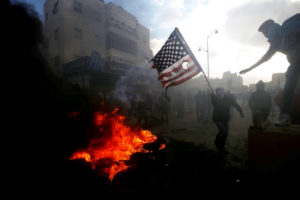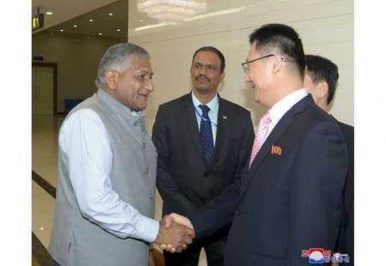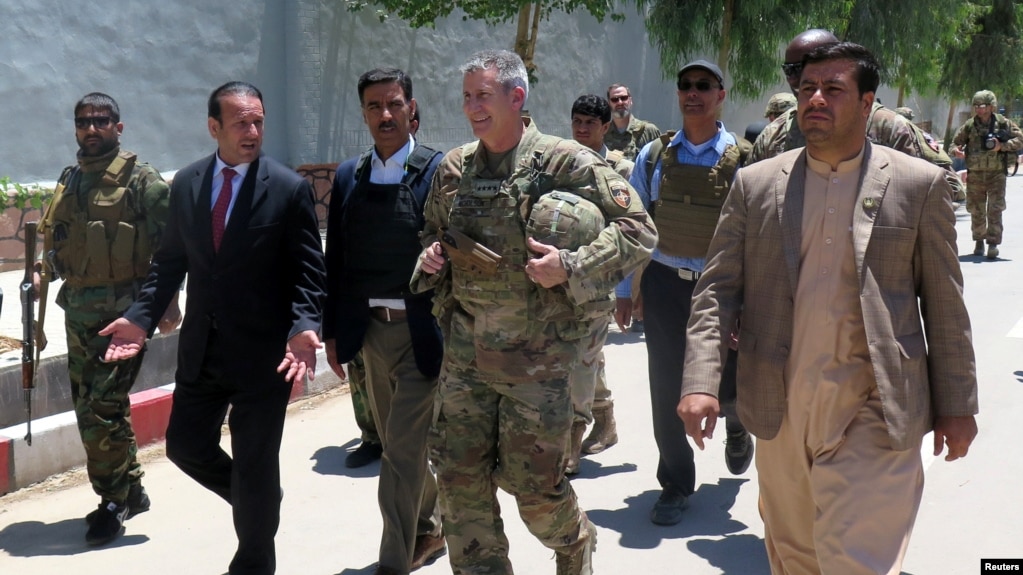Robert David
 Everybody has this wrong – Trump is not bluffing and he is not Netanyahu’s puppet. What has really happened here is that Xi, Trump, and Putin agreed over a year ago to take down the Deep State. The denuclearization of Korea, combined with the destruction of the old banking order, will be followed by the denuclearization of Israel and the restoration of Palestine. We are at the beginning of a 1,000 year period of peace and prosperity for all.
Everybody has this wrong – Trump is not bluffing and he is not Netanyahu’s puppet. What has really happened here is that Xi, Trump, and Putin agreed over a year ago to take down the Deep State. The denuclearization of Korea, combined with the destruction of the old banking order, will be followed by the denuclearization of Israel and the restoration of Palestine. We are at the beginning of a 1,000 year period of peace and prosperity for all.
 Everybody has this wrong – Trump is not bluffing and he is not Netanyahu’s puppet. What has really happened here is that Xi, Trump, and Putin agreed over a year ago to take down the Deep State. The denuclearization of Korea, combined with the destruction of the old banking order, will be followed by the denuclearization of Israel and the restoration of Palestine. We are at the beginning of a 1,000 year period of peace and prosperity for all.
Everybody has this wrong – Trump is not bluffing and he is not Netanyahu’s puppet. What has really happened here is that Xi, Trump, and Putin agreed over a year ago to take down the Deep State. The denuclearization of Korea, combined with the destruction of the old banking order, will be followed by the denuclearization of Israel and the restoration of Palestine. We are at the beginning of a 1,000 year period of peace and prosperity for all.













